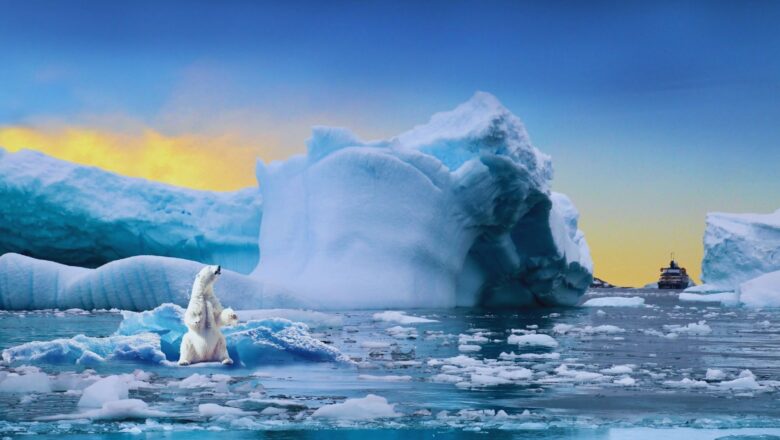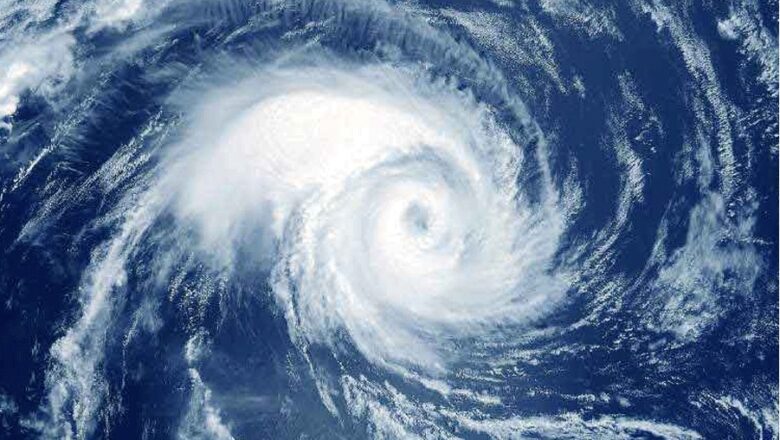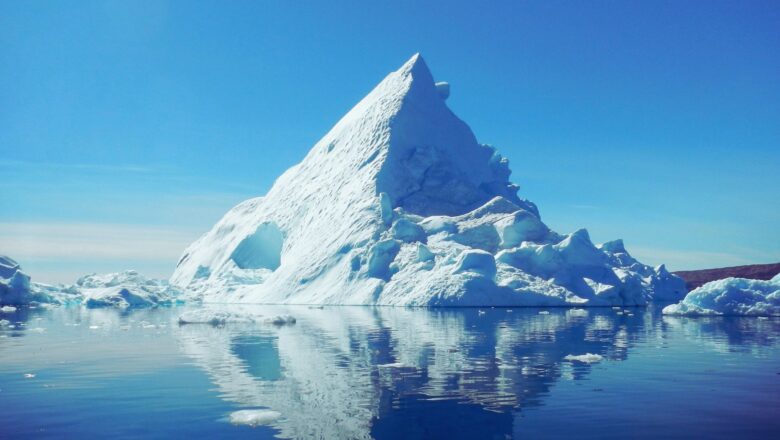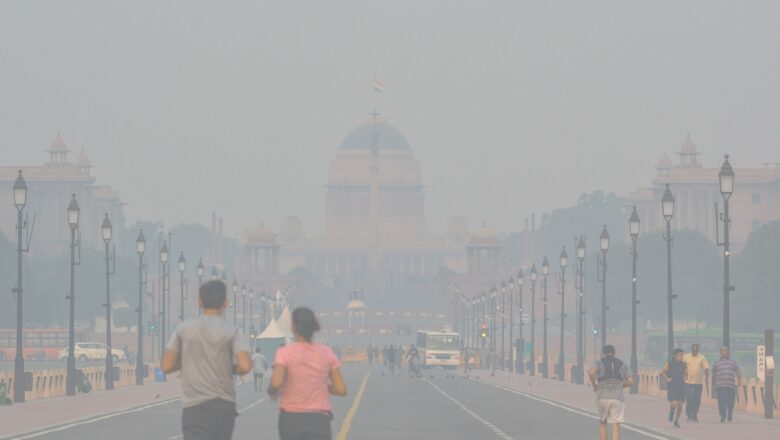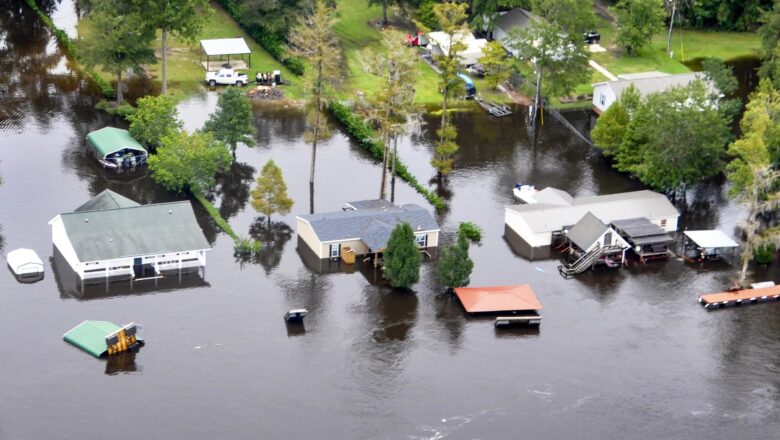
2024 Declared Hottest Year on Record, Climate Crisis Deepens
The year 2024 has officially been declared the hottest on record, surpassing the previous high set in 2023, highlighting the escalating impacts of climate change. Experts warn that this unprecedented temperature rise is a clear indicator of the crisis facing ecosystems, economies, and public health worldwide.
The India Meteorological Department (IMD) reported that November 2024 was the second warmest in 123 years, with an average temperature of 29.37°C. The delayed onset of winter has underscored concerns about the far-reaching effects of global warming.
Professor S.N. Mishra, a leading climate expert, stated, "Unchecked greenhouse gas emissions are driving us toward catastrophic outcomes. We may breach the critical 1.5°C global warming threshold as early as 2030."
The consequence...

